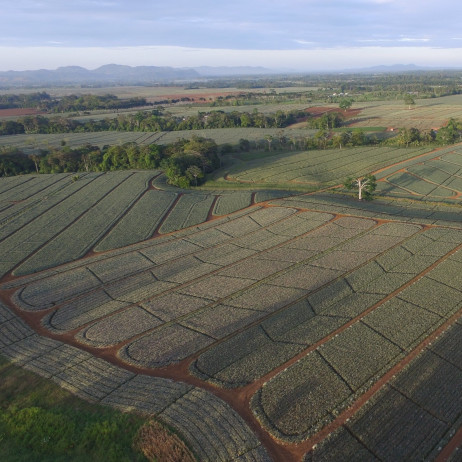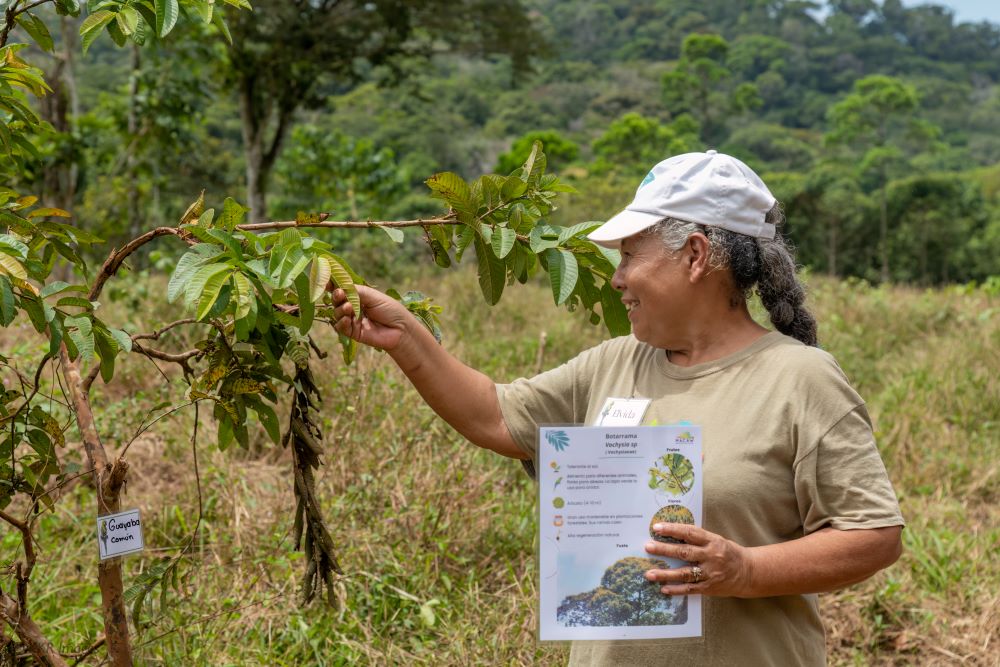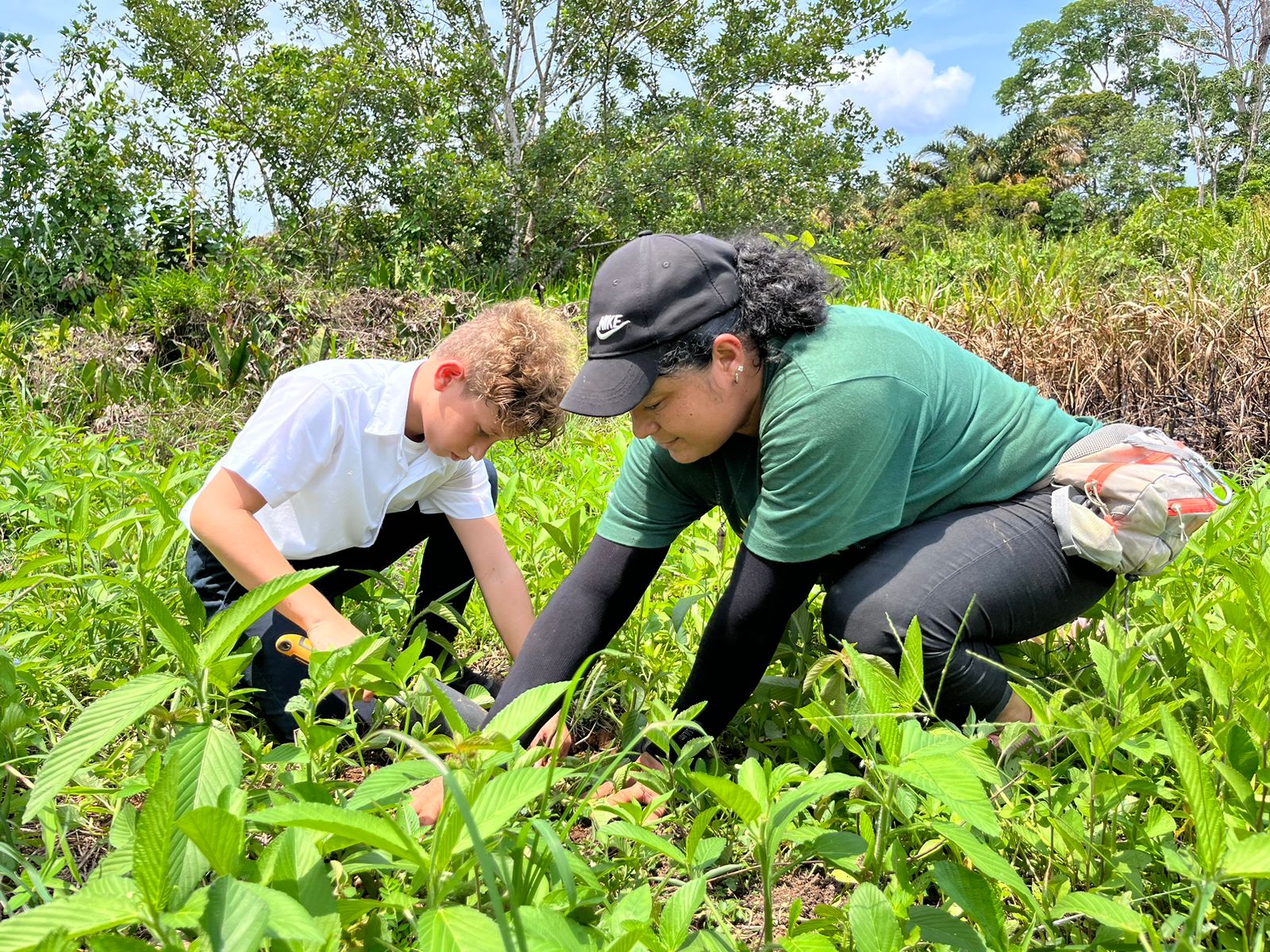

For many of us, making the switch to a more sustainable lifestyle is an easy choice. If you follow our work, odds are you already know about climate change, pollution, and the need for renewable energy. There are reusable water bottles being sold everywhere (you can even buy one from our partners at RainForest Water) and growing your own produce is becoming trendy. Sustainably made items do well on the market, at least in the US, because people know that our actions have ecological consequences. However, if you read my last blog, you know that this knowledge is not uniform and that sustainable practices are not such a no-brainer thing in all parts of the world. In fact, even in the US, the argument against living sustainably is that it’s too expensive or impractical. I can’t get too mad at this argument since I also can’t afford to buy all sustainably made clothing. However, I was fortunate enough to have access to a higher education. And that education has not only given me an expanded worldview but empowered me to have a career in conservation. Every day I go to work is a day that I give my all to doing right by our planet. I consider myself very fortunate, despite my student loans, that I am in a position to do this kind of work.
A walk through a rural town in Costa Rica, a country praised for its environmental protection laws and eco-tourism, will confirm that this knowledge of environmental consequences is still not always known or if it is, that living sustainably is not yet as practical as it needs to be. It’s not that people in these rural communities don’t care. It is simply that they don’t have access. Access to information, access to more sustainable products, and access to financial resources needed to do minimize negative impact to the environment. These are all things that are lacking in many rural communities throughout the world, not just in Costa Rica.
In the same way that education was needed to help the Yellow-naped Parrots, access is needed to help Costa Rica’s forests and wildlife like the Great Green Macaw. So, what does giving access look like? The Women Rangers Program.

Elvida, one of our Women Rangers, recognized that the forest surrounding her community was in trouble. She remembers that during her childhood there were many more trees, and she has seen them disappear throughout her lifetime. But this seemed like just another sad reality of life, and there wasn’t anything she could do to stop it.
Today, she and the other Women Rangers are MRN’s champions of habitat restoration, building their own plant nursery to restore the Great Green Macaw’s habitat. But three years ago, most of them were unaware of the significance of the forest near their small community, and those who did, like Elvida, had no idea that they could be stewards to it. In Boca Tapada, educational opportunities are limited, especially for women whose roles are predominately caretakers in the home. Boca Tapada residents are also faced with poverty. People who live in poverty are stuck focusing on short-term solutions to survive day-to-day and are often unable to seek better opportunities elsewhere (transportation costs money!). This limits their worldview, allowing them only to see what they know to be true for survival in their small town. Even if they did recognize that forests were disappearing, they had no way to gain the training necessary to restore what had been lost.

The women of Boca Tapada would not have been able to travel to or afford education at a university, so we set up training sessions for them in their own town. By sharing our knowledge about the natural world, we were able to give them access to a greater worldview, much like we did for the police officers in El Jobo. But education wasn’t the only issue here. For them to do something with that worldview, we needed to give them the financial support to do so. With the help of the Disney Conservation Foundation and the Keefe Family Foundation, the Women Rangers were officially hired to restore habitat. The access to economic stability has allowed them to develop professionally as conservationists, something that would not have been possible before this program. Now, they are giving access to others in their community by educating children in schools and showing their neighbors their plant nursery. Now at MRN, we are challenging ourselves to find long-term stability for this program, so that access can remain in Boca Tapada and this important work restoring Great Green Macaw habitat can continue for many years to come.
Compassion for others and sharing of resources can go a long way for the environment. I hope the story of the Women Rangers inspires you to share your passion for the natural world with others and help bring solutions to those who may not have access to a better way. Only together, can we truly make a difference for our precious planet.
Oh, and Happy World Environment Day!


Carey Wentz
Communications Manager
This is blog is part 2 of our Sustainability Series. Read part 1 here.
